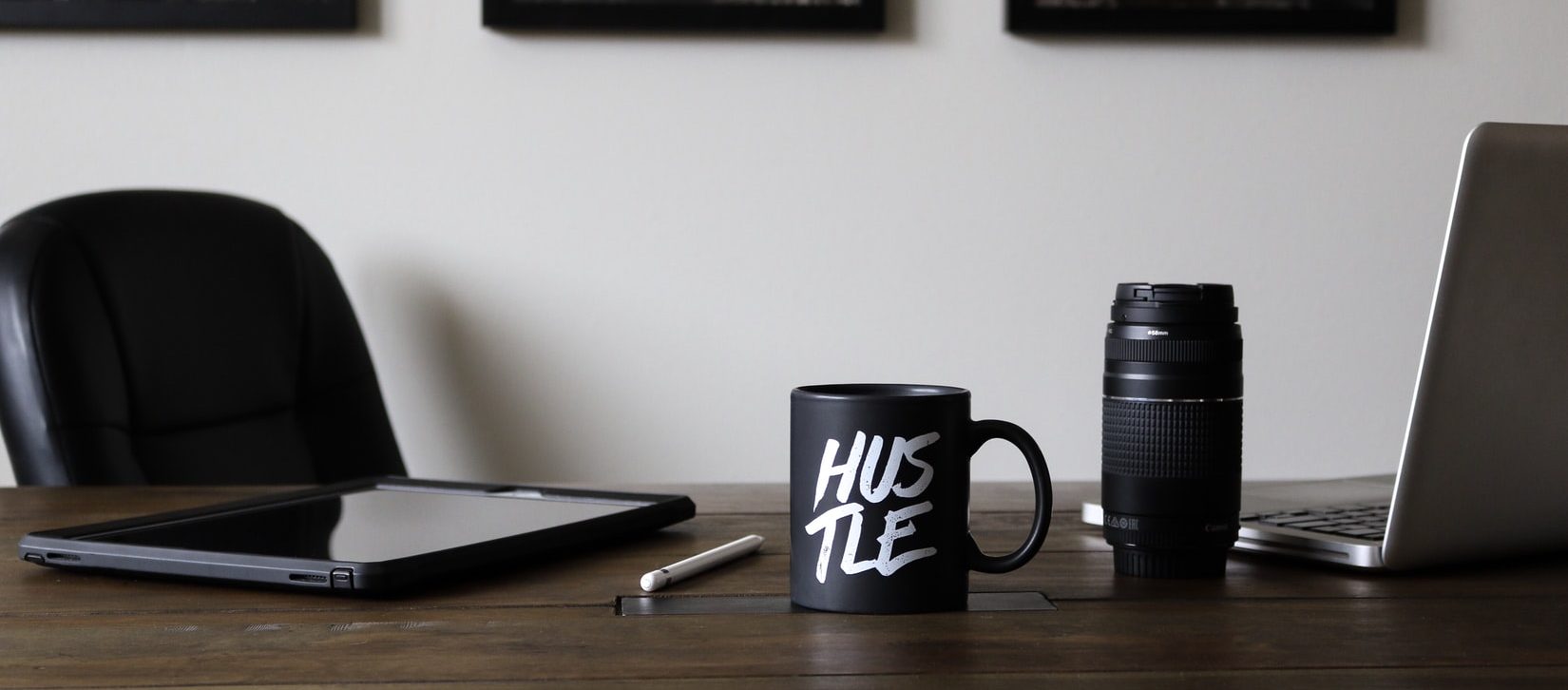Who We Are
Those of us who have found our own companies are probably familiar with what the U.S. Small Business Administration (SBA) says about us.
But for those of you who don’t know, let’s all take a deep breath and review their data on millions of Americans with extremely high-pressure careers.
- Only about 50% of our firms will pass the five-year mark.
- Nearly 20% of us finance our firms ourselves or with loans from friends and family.
- Astonishing numbers of people rely on us: We create the vast majority of American jobs, and many of us have families.
Collectively, this amounts to serious responsibility and pressure to succeed. How entrepreneurs react, when challenging times arise, can be an early indicator of burnout or an unbalanced lifestyle.
The Way We Cope
So what do we do to mitigate uncertainty? We work. How do we handle our anxiety? We work more. How do we address our debt? We keep working. How do we forge our market share? We work some more. Most likely, we eat badly, skimp on exercise and skip sleep, too.
In Eleanor Cummin’s 2018 Popular Science article “Yes, you really can work yourself to death,” she reports that,
“Stanford University organizational behavior professor Jeffrey Pfeffer [who] argues that some 150,000 deaths in the United States each year” can be partly attributed to “[s]edentary lifestyles, sleeplessness, and stress—all provoked by damaging work cultures and economic anxieties.”
Pfeffer is basically describing what the Japanese refer to as karōshi. That’s translated into English as “death from overwork.” But if working so much can harm us, why do we continue to do it, especially when it feels like all the odds are stacked against us?
It’s Called Discipline
Discipline goes by many names. Some call it obsession. Some call it passion. I call it by its real name because discipline is a tool. For high achievers and self-proclaimed workaholics, developing a healthy relationship with work may be more productive than seeking an ideal work-life balance. After all, we know nothing’s perfect.
Our greatest strength comes from our discipline and we have a lot of things going for us. We are, after all, an independent group with enough ideas to start businesses of our own. We don’t have to die from overwork for overwork to harm us. If we didn’t care, we wouldn’t try. But we care so much, that keep trying, and we keep working because we know if we are not self-disciplined we will fail.
We also understand why long-term commitments matter, and it’s crucial that we learn to apply that insight to set routines that prevent burnout. We all know people with serious back injuries, alarming high blood pressure and failed relationships. Impairments like that make you miserable. And how productive can you be, day after day, if you don’t feel good?
Free the Body, Free the Mind
When you work, you exercise the brain. When you work out, you exercise the body. They are equally important for keeping otherwise sedentary muscles, minds and hearts strong.
Now some people think physical exercise will sap their mental energy. This simply isn’t true. In my experience, regular physical activity is energizing. Tennis or cardio-based boxing are my sports of choice. Some people prefer calmer activities, like yoga or an evening stroll. In the end, what matters most is finding the kind of exercise you like.
Once it becomes routine, you will also find that time out for exercise is its own kind of meditation, freeing the mind from near-constant worry, self-doubt, and agitation. I don’t need to tell you this is healthier than booze.
You Need an Exit Strategy Every Single Day
Our work-obsessed culture sees virtue in hard work and lauds our sacrifices when we lose ourselves there. What really gets lost, however, is how much sleep-deprivation decreases productivity. For many of us, we don’t, or can’t work 9 to 5 — so work never ends. But staying up until 3 am to answer emails and exchange Slack messages doesn’t save time when it starves us of sleep.
Make “setting limits” your mantra. It’s okay to work hard, but if the price is your health, sanity, and relationships, then you need to scale back. Remember if you don’t do it for yourself, your mind and body often force a downscale on you.
Think Leisure, Not Lazy
Quiet time frees up space in your life for a life. Make a hobby out of cooking healthy meals that you like. Enjoy an uninterrupted night with a significant other. Catch up on your favorite show. When you set limits, you have time to exercise, time for a change of scene, time to refresh your mind, and time to develop your relationships. The Do Not Disturb settings on your mobile phone are there to help. Messages marked “urgent” operate with the normal notification settings. So click the button at the close of business, or set a recurring daily time knowing that if there’s an emergency, they’ll find you.
The thing to remember is the mind and body aren’t built for continual stress. Maintaining motivation, inspiration and your own morale can be exhausting. Yet peak performance requires calm and concentration. Setting limits on office time and using exercise as a catalyst can give you the energy to resolve immediate issues and strategize long-term solutions. But then again, sometimes doing nothing is the very best way to achieve something.


